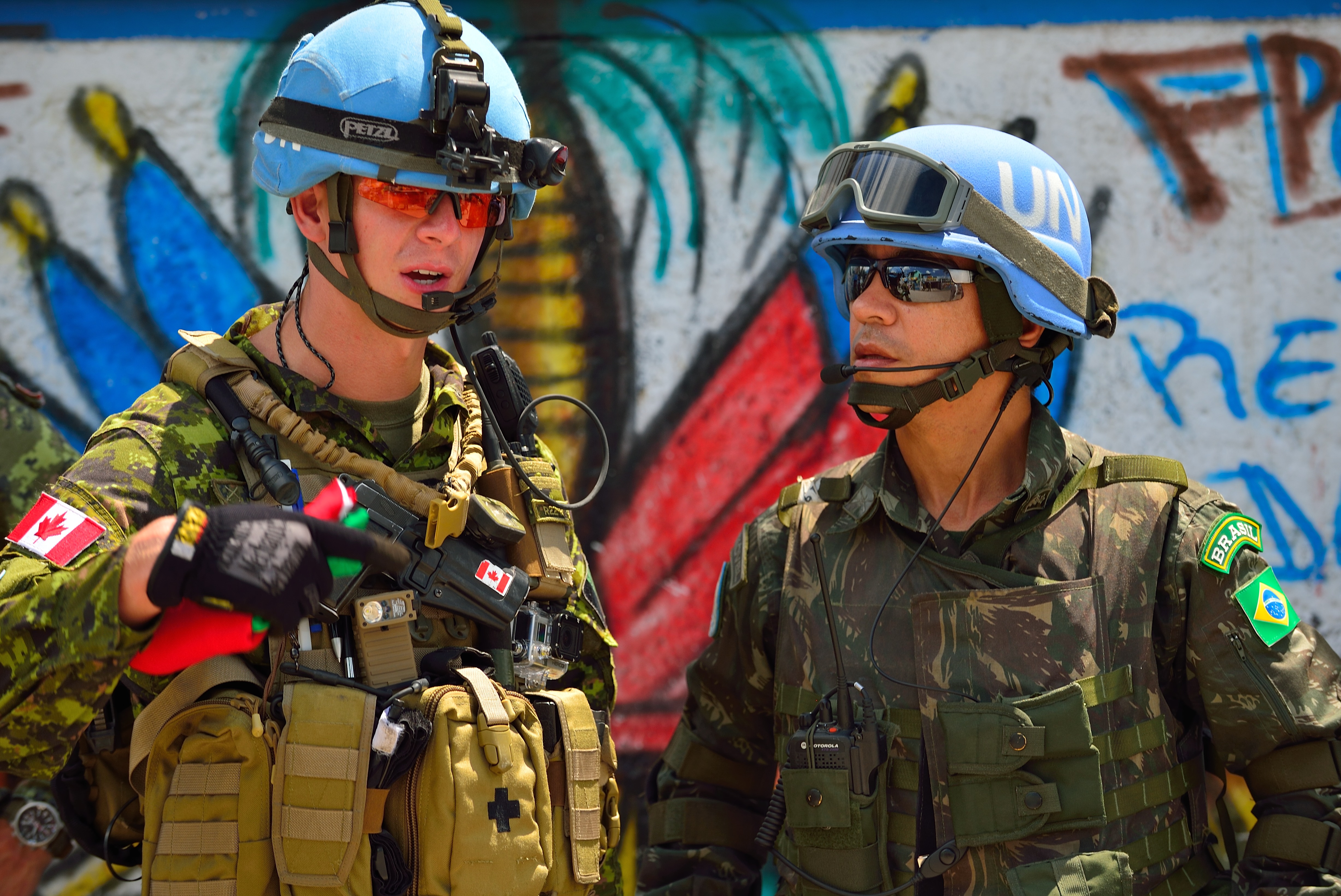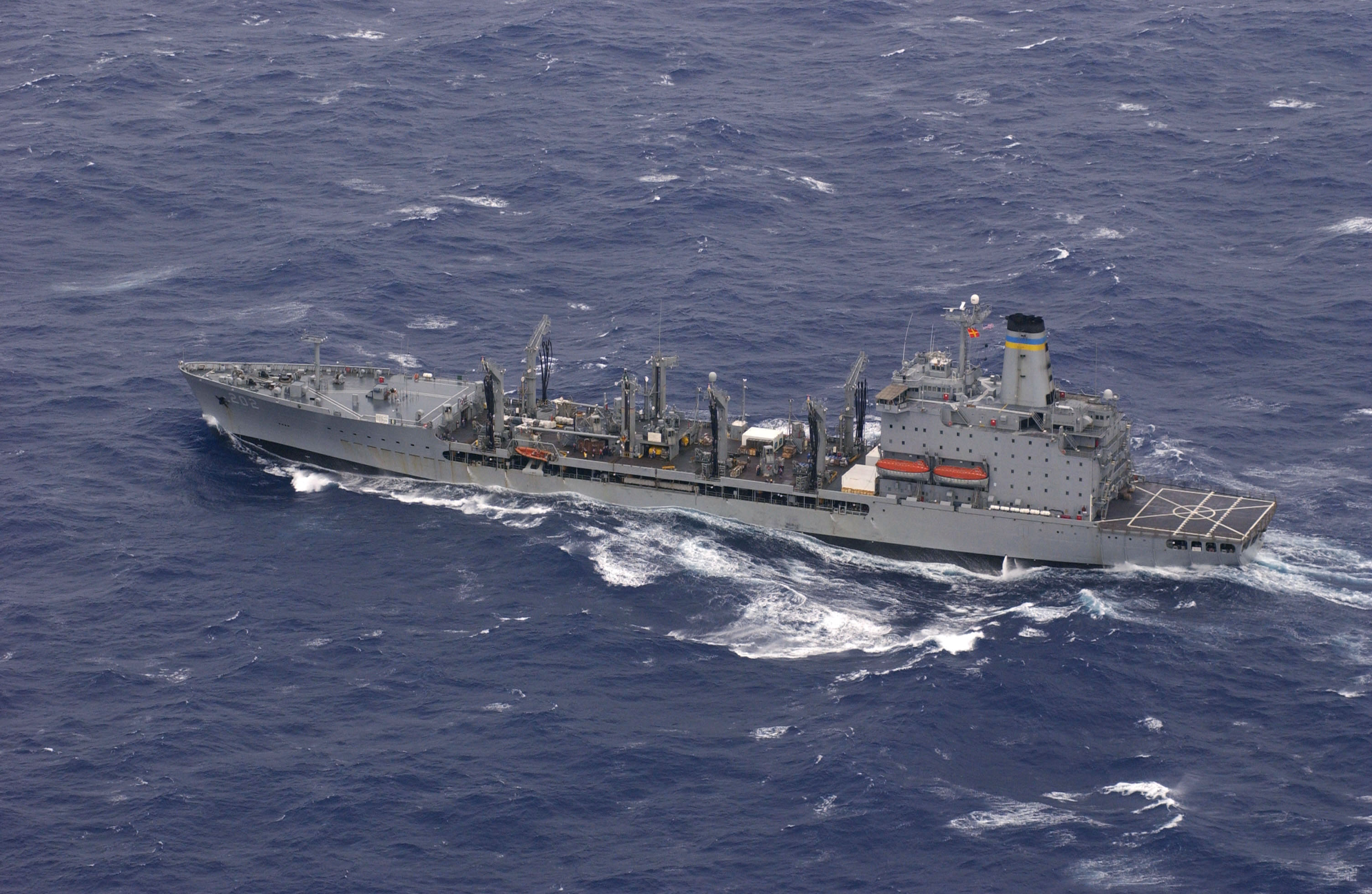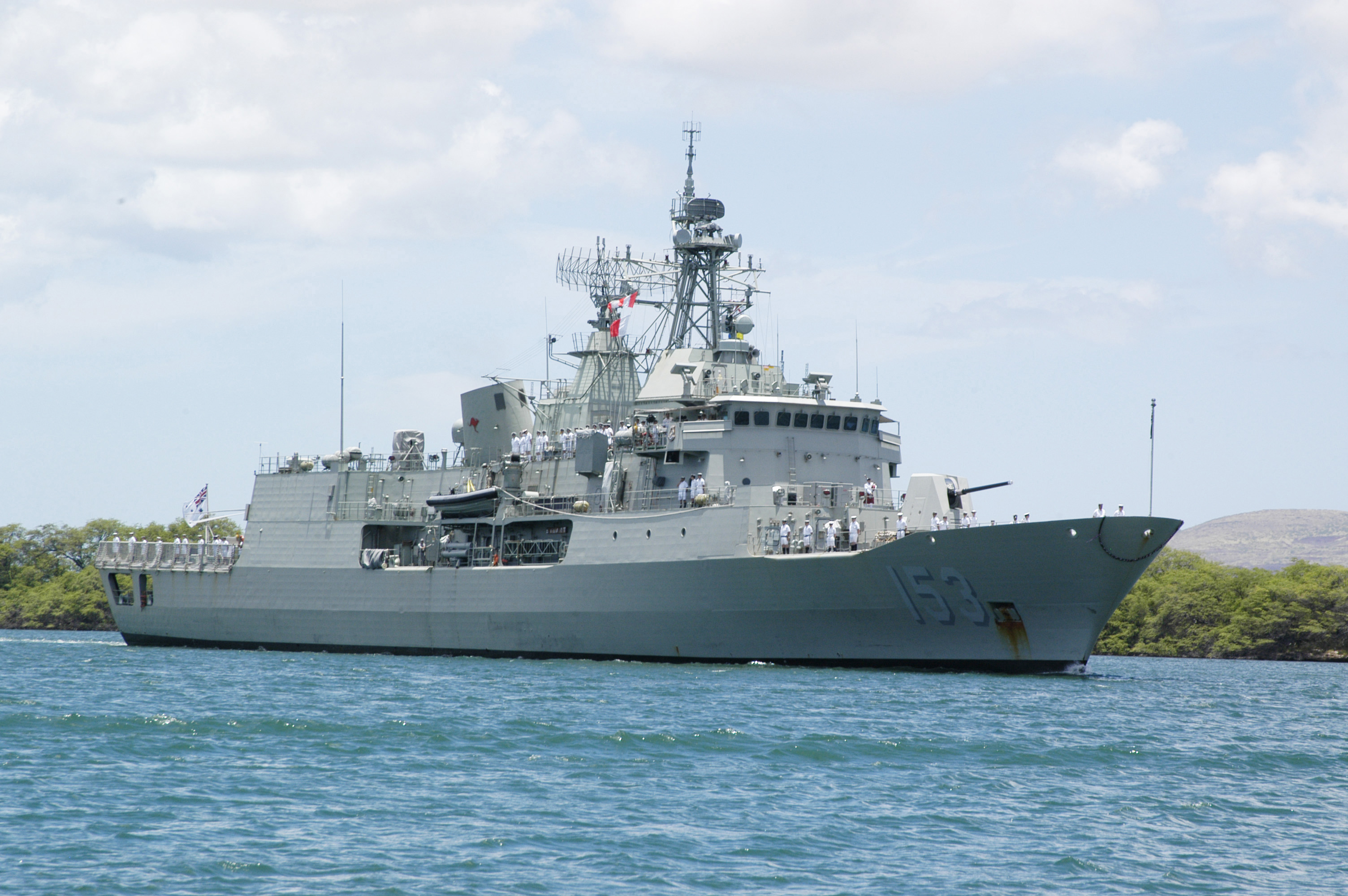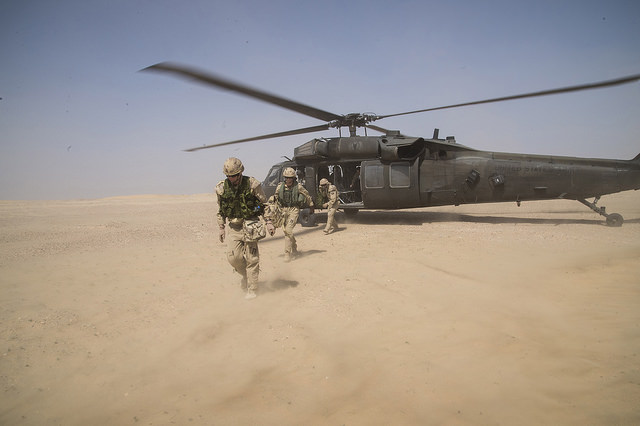Since being elected, Prime Minister Trudeau, along with his ministers, have made a habit of stating “Canada is back.” This has become a message to both reassure and justify those who “worried that Canada [had] lost its compassionate and constructive voice in the world.” But back from what?
Canada was once viewed as a leader of United Nations (UN) peacekeeping missions. However, this role has shifted with the changing nature of global conflicts. The Conservative Party of Canada governed at a time when the UN was taking a more aggressive posture on the international stage. Working closely with NATO, Canada has become a state of peacemaking rather than peacekeeping. The war in Afghanistan, for example, may have been implemented by NATO member-states, but it was authorized by the UN. Such a shift in the utilization of Canadian Armed Forces (CAF) personnel and resources does not mean Canada had deviated from a supposed traditional role in conflicts, but that it has adapted its mandate to the present threat; a threat in which peacekeeping is not able to implement effective change.
The nostalgia for the days of observer missions under the UN is “a lament of both the Liberals and NDP, who throughout the Afghan war called for Canada to return to its peacekeeping roots.” And now, the Liberal government makes it clear that it wants to re-engage in peacekeeping in Africa.
The reality of current conflicts throughout the world must be realized.
Defence Minister, Harjit Sajjan, is now on a search for a UN peacekeeping mission that will involve containing the spread of terrorism across Africa. Minister Sajjan said “the need to control the spread of Islamic militants across the Middle East and Africa is part of the government’s calculation in determining where Canada’s eventual peacekeeping mission will be focused.” But does such a foreign policy and utilization of CAF fit with the interests of this country, or even with the realities of 21st century conflicts?
The reality of current conflicts throughout the world must be realized; the line between peacekeeping and war is ambiguous. These days, most peacekeeping involves a military mission in response to an internal, rather than an international conflict, in which there is often minimal peace to be kept. Such missions then become peacemaking, rather than peacekeeping, sometimes synonymous with war. Although such a mission may afford the Liberal government a greater chance of securing a seat on the United Nations Security Council, a position in which Prime Minister Trudeau feels adamant about, how effective will the utilization of peacekeepers be?
There are currently 12 UN peacekeeping operations ongoing in Africa. Some have been in place for decades, like those aimed at attempting to keep the peace between Israel and its neighbours. And other missions are more recent, such as in the Congo, South Sudan, and Mali. Such missions do not come without a cost. In total, the UN’s African operations have claimed the lives of 1,212 peacekeepers.
The problem with these operations originates in the UN’s three principles for deploying peacekeepers: main parties to the conflict must consent, peacekeepers should remain impartial but not neutral, and peacekeepers cannot use force except in self-defence and defence of the mandate. However, UN mandates for atrocity prevention and the protection of civilians within conflict zones are now, more than ever, developing into counter-insurgencies. Thus, it becomes difficult for any UN peacekeeping force to remain impartial to the forces in conflict, and it certainly means they will not get the consent of ISIS in the fight for their own demise. The only option that is left is the ability of the peacekeepers to utilize force in self-defense should they come under direct fire; all of which is inevitable with an enemy such as ISIS. Thus, the current nature of conflict in Africa elicits an approach that is focused on peacemaking because “using the terminology of peacekeeping is not valid at this time…. Those peacekeeping days, those realities, do not exist now,” stated Minister Sajjan during his trip to Ethiopia.
While Prime Minister Trudeau fixates on bringing Canada back to the days of peacekeeping, it is of importance to recognize that the enemy we will be engaging with in Africa is still the same as in the Middle East: ISIS. So if the Liberal government wants to continue this fight against terrorism, it might be more effective to devote military resources and personnel to the continuation of the battle in Iraq and Syria, instead of further fragmenting the Canadian Armed Forces to various ineffective missions in Africa to fight the same enemy, only this time, with rules of engagement that do not match with the realities of conflict that ISIS exudes.
Photo: Captain Nicholas Payne (left) from 2nd Battalion, Royal 22e Regiment and Captain Fabio Nunes (right) from Brazilian Army talk during a dismounted presence patrol in Port-au-Prince, Haiti during Operation HAMLET (2013), by MCpl Marc-Andre Gaudreault via Canadian Armed Forces Combat Camera.
Disclaimer: Any views or opinions expressed in articles are solely those of the authors and do not necessarily represent the views of the NATO Association of Canada.




